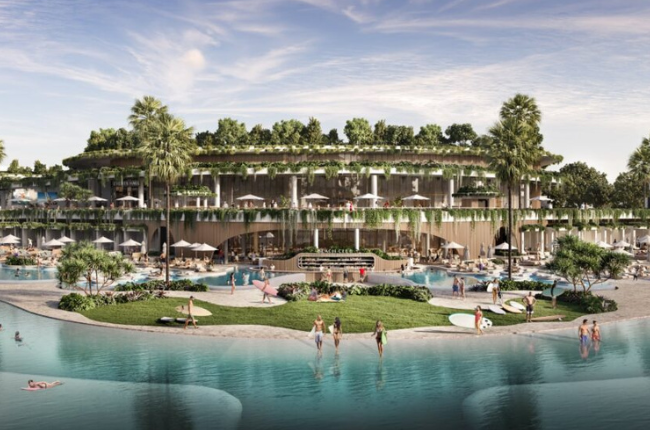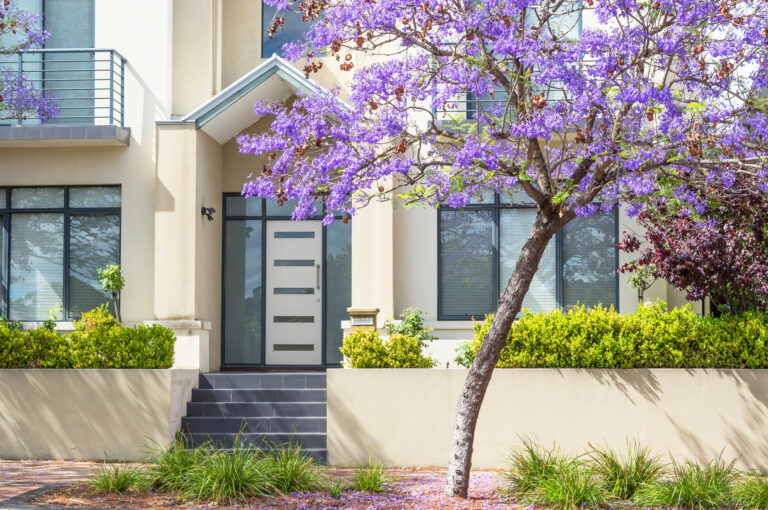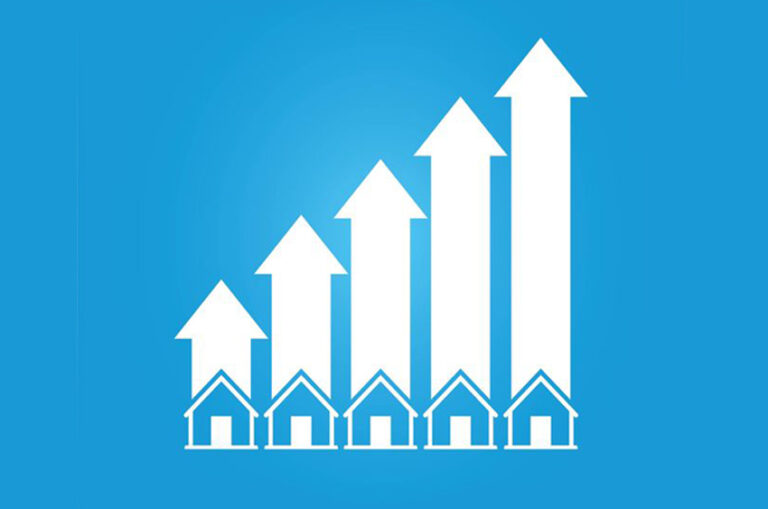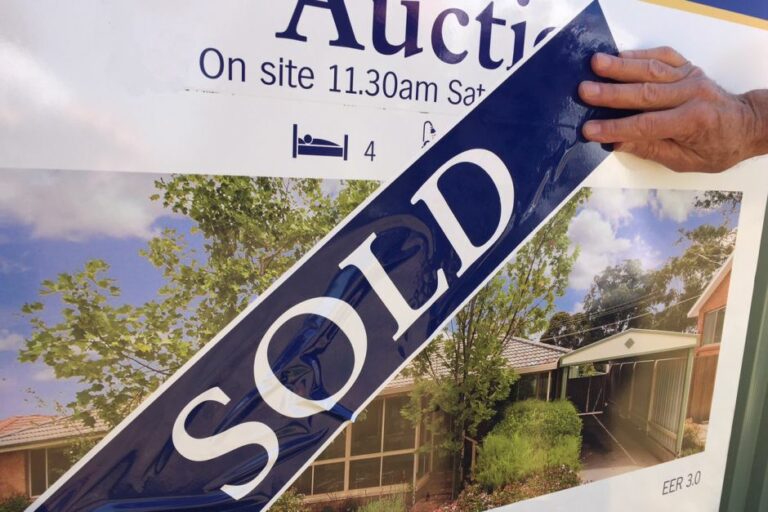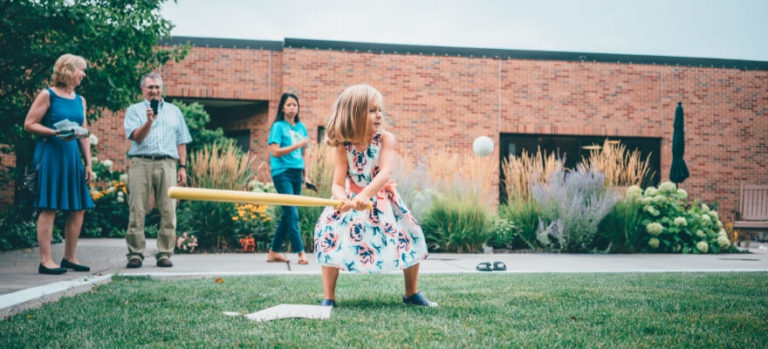Gold Coast Wave Park Approved
Gold Coast City Council has approved the development of a wave park and residential resort in Parkwood.
The $300-million project includes a 300-metre-long surf park, a $10m refurbished golf course, a hotel and 225 residential units.
There will also be restaurants and a brew house.
The resort-style project will feature a 4ha dual-zone surfing lagoon capable of generating up to a 26-second end-to-end barrelling six-foot wave ride. It is to be built alongside the 18-hole golf course at Parkwood Village.
Council hopes the facility will attract visitors from throughout Australia.
The approval does come with conditions though, surfers will not be allowed to start before 5am and delivery trucks will not be able to access the site until after 7am.
It has taken three years to get approval and it is hoped construction will start early in 2024, with the facility opened in mid-2026.
The development is required to have significant vegetation buffers, acoustic mounding and acoustic fences.
Coomera Connector Kicks Off
Work on the southern section of the Coomera Connector around the Nerang River is set to begin early in 2024.
The $2.16 billion project is being constructed in three stages. According to Transport and Main Roads, with the Nerang to Smith St stage will begin early next year.
The initial works include bulk earthworks and preloading to make the site construction ready. This part of the work could take up to six months.
Once complete this section of the project will connect from the Smith Street Motorway to a new interchange at Southport-Nerang Rd. It then crosses the Nerang River and ends at Nerang-Broadbeach Road.
It is anticipated the finished Coomera Connector will significantly alleviate congestion on the M1 by providing an alternative route for local traffic and additional crossings of the Coomera and Nerang Rivers.
The State and Federal Governments have committed $2.16 billion on a 50:50 basis to the Coomera Connector project with construction of Stage 1 North underway.
Property Prices Break Record
Australian property prices hit a national record high in November. CoreLogic’s Home Value Index (HVI) rose by 0.6%, the smallest monthly increase since February, but enough to break the record.
Since the trough of the market in January 2023, housing values have increased 8.3%. While nationally figures are up, three capital cities actually experienced a drop in values over the month.
Darwin was down 0.3%, while Melbourne and Hobart both fell by 0.1%.
CoreLogic research director Tim Lawless says an imbalance between supply and demand is keeping strong upward pressure on housing values in most markets.
Although rising advertised stock levels, deteriorating affordability, and low consumer sentiment had dragged down value in the three declining capital cities.
Dwelling values increased the most in the smaller capital cities during November, with Perth (1.9%) leading the charge, followed by Brisbane (1.3%), Adelaide (1.2%), Canberra (0.5%), and Sydney (0.3%)
Lawless says, “despite the high cost of debt and deeply pessimistic consumer sentiment, purchasing activity has held reasonably firm.”
Will Prices Keep Rising?
The stark imbalance between housing supply and demand is tipped to continue driving up property prices in 2024.
Domain’s End of Year Report says the market has already overcome 13 cash rate increases and a cost of living crisis to keep rising in 2023.
Chief of research and economics, Dr Nicola Powell, predicts house prices across the combined capital cities will lift another 6% to 8% in 2024. And she forecasts regional prices rises between 2% and 5%.
Powell says Sydney’s prices will grow between 7% and 9%, Brisbane and Adelaide, will be between 7% and 8%, Perth, 6% to 7%, Canberra 3% to 5% and Melbourne and Hobart, will be between 2% and 4%.
“Unprecedented post-COVID migration and population growth will continue to send shock waves through the property market as a booming population looks for a place to live,” Powell says.
“It will continue to exert extraordinary upward price pressures on the property market.”
Should Rates Go Higher?
Former Reserve Bank of Australia governor, Philip Lowe, is worried central banks may not have increased interest rates high enough to control inflation.
Lowe who ended his tenure as RBA Governor in September 2023, also warned that the government with cost of living pressures, will only drive inflation further.
“I hope that most central banks have done enough, but I’m worried that they haven’t, and it’s doubly important that we pass this first inflation test,” Lowe says.
Lowe told a central banking conference in Hong Kong that strong jobs markets and weak productivity growth meant wages were growing at rates that would not help bring inflation rates down to target.
He is worried about the effect of countries trying to help with cost of living pressures by giving money to taxpayers including Australia which has offered $23 billion in cost-of-living assistance payments. “That tends to lead to inflation as well,” he says.
QUOTE OF THE WEEK
Domain, Chief of research and economics, Dr Nicola Powell
“Unprecedented post-COVID migration and population growth will continue to send shock waves through the property market as a booming population looks for a place to live.”
